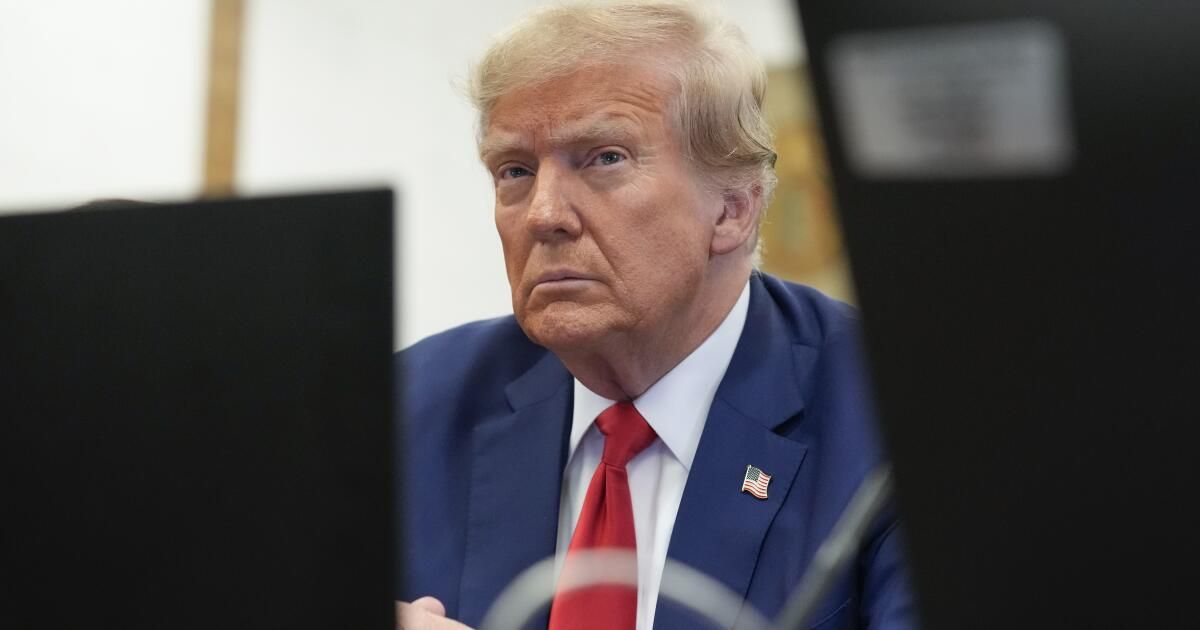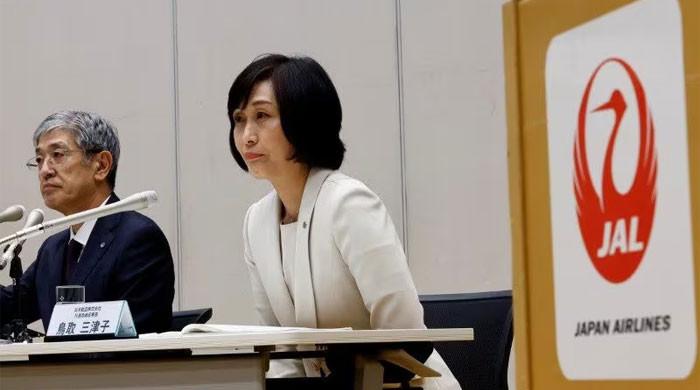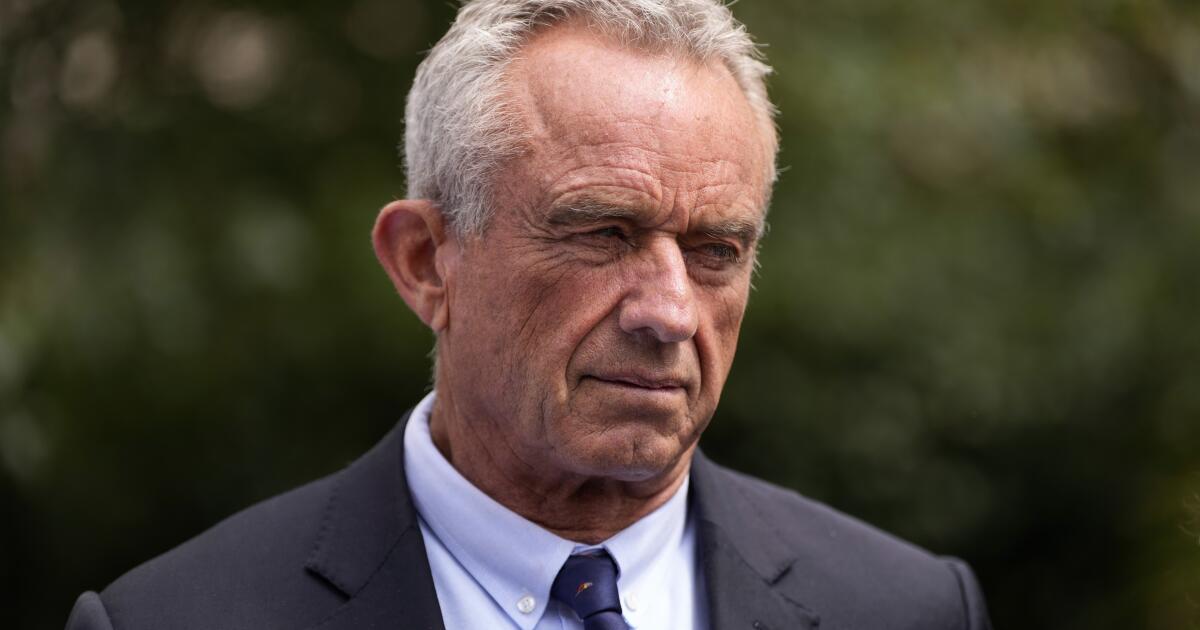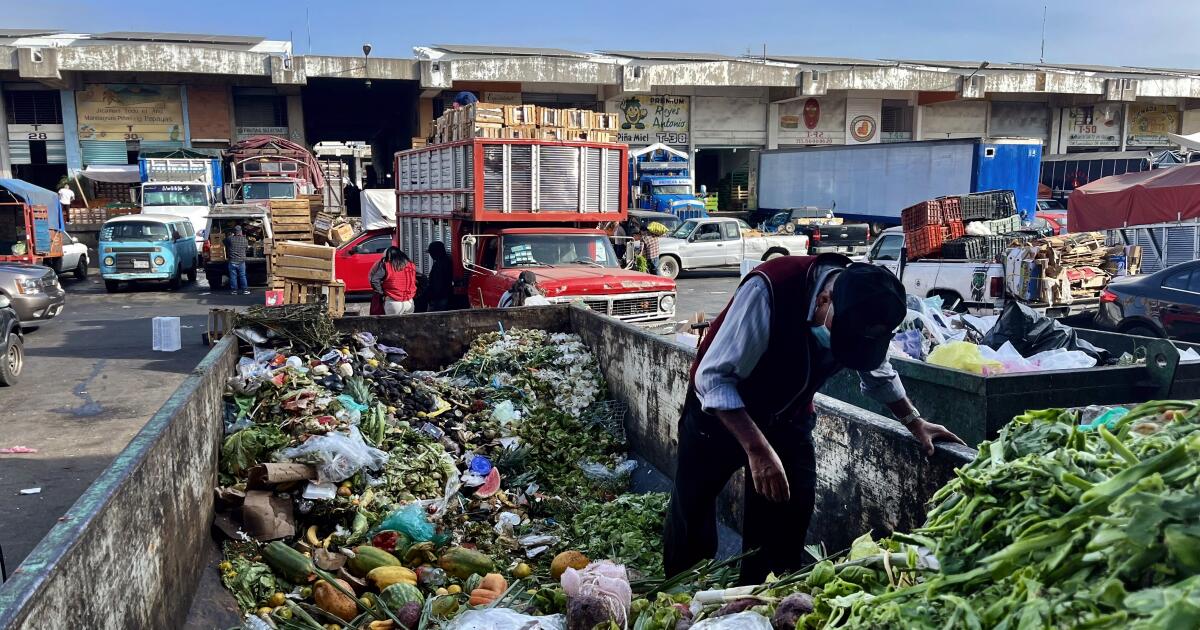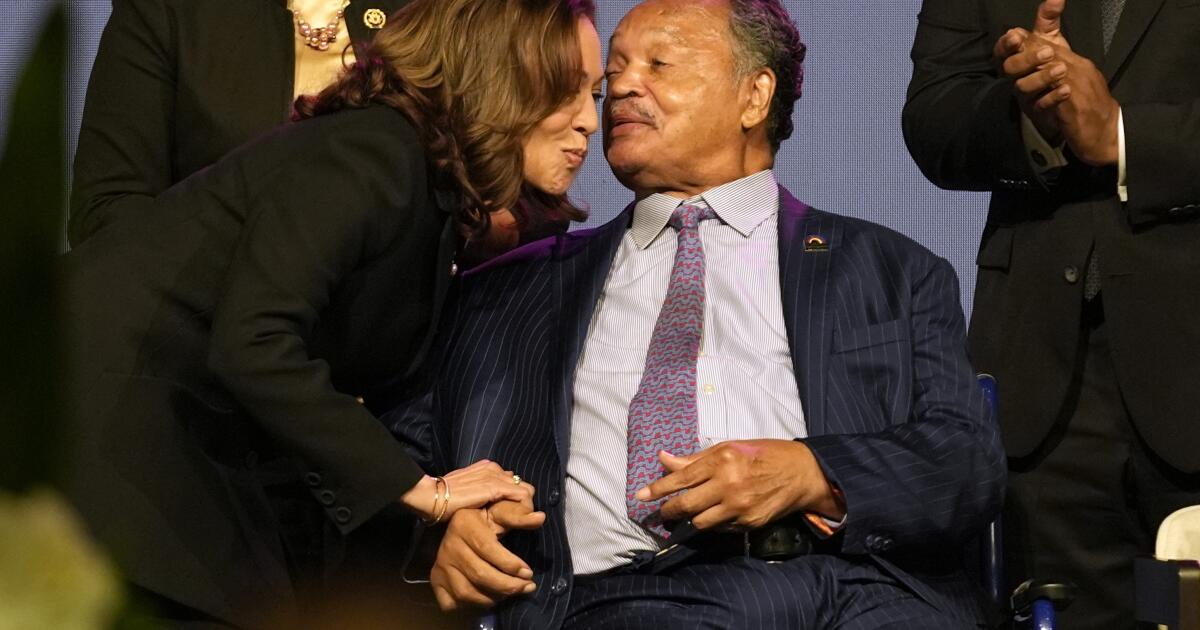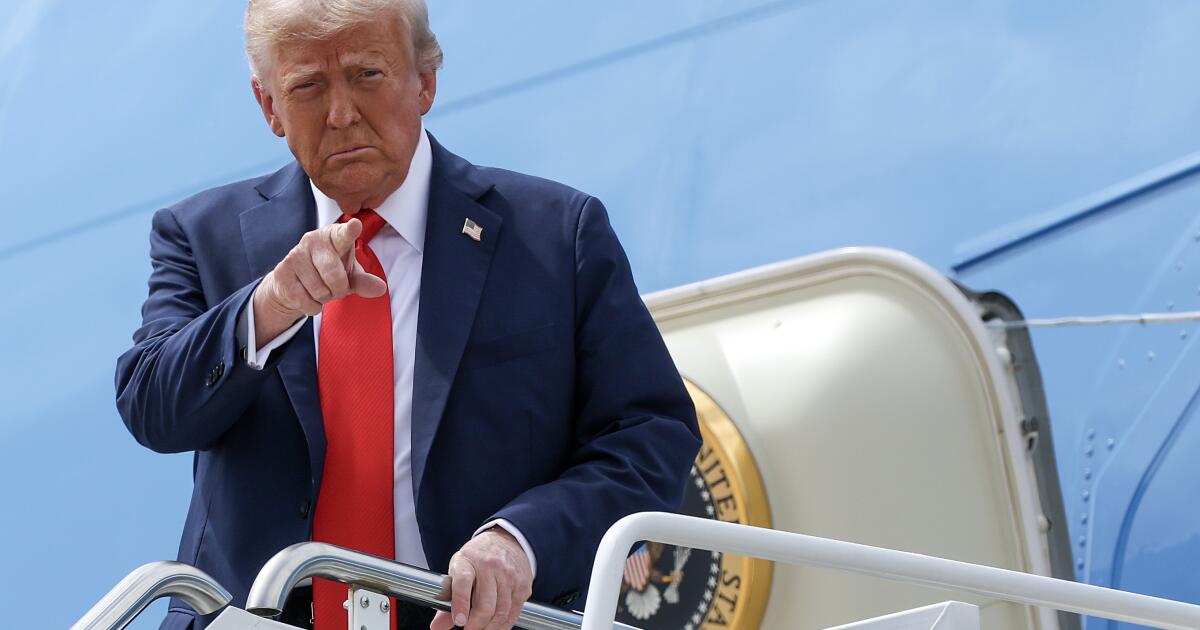As he campaigns to return to the White House, former President Trump faces criminal prosecution in four separate trials. He has also fought two civil lawsuits that resulted in hundreds of millions of dollars in fines.
Here's what's happening with cases as primaries heat up across the country and what to expect in the coming weeks:
Supreme Court reviews presidential immunity
By agreeing to take up a presidential immunity issue this week, the Supreme Court dealt a blow to special counsel Jack Smith's plans to prosecute Trump this spring for allegedly trying to subvert the results of the 2020 presidential election.
Originally scheduled to begin Monday, the trial will potentially be delayed until after the 2024 presidential election.
Judge Tanya Chutkan, a trial judge, rejected Trump's claim that he was immune from criminal charges filed because of “official acts” taken while in office. She said the Constitution does not grant former presidents absolute immunity for their past crimes.
In December, Smith urged the Supreme Court to expedite consideration of that issue so it could be resolved in March. The judges refused and sent the question to the D.C. Circuit, which took until early February to rule against Trump. He quickly appealed to the Supreme Court, which on Wednesday announced that it will hear arguments on the issue during the week of April 22. The high court is likely to wait until the end of June to issue a written ruling.
The trial is on hold until the issue of presidential immunity is resolved, and Trump's lawyers have indicated they will need several weeks to prepare once the trial is allowed to move forward. They could even raise new objections that would further delay the trial.
In addition to procedural obstacles, the Justice Department has a policy to avoid prosecutions that could affect pending elections and that could hinder a fall trial of the expected Republican presidential candidate.
All of that adds up to the possibility that even if Trump loses in court, he may have already won at the polls.
Classified documents
Some of those other potential challenges that could arise in the 2020 election subversion trial will soon be considered in the case over Trump's handling of classified documents and alleged attempts to prevent the government from recovering them from his property in Mar- a-Lago. He faces 41 felony charges.
On February 23, Trump's legal team filed multiple motions seeking dismissal of the case, including a claim for presidential immunity, selective prosecution, and a challenge to Smith's appointment to the case.
Judge Eileen Cannon, presiding over the case, on Tuesday denied efforts by Trump's co-defendants to see classified records they allegedly moved around the former president's Florida residence for him. On Thursday, Cannon ruled that Trump's legal team would not have access to classified documents submitted by the special counsel's office about the contents of classified documents seized from Trump's home by the FBI.
Next up: Cannon will decide whether to move the trial date to late May to address dismissal requests and accommodate claims by Trump and his co-defendants. I want more time to build your arguments.
New York Civil Fraud Lawsuit
Meanwhile, on Wednesday in New York, Associate Justice Anil C. Singh of the Appellate Division of the New York State Supreme Court rejected a request by Trump to accept $100 million bail or delay the execution of a fine totaling at least $450 million while he appeals. Trump's lawyers said he may have to sell properties as a result.
In mid-February, Manhattan Supreme Court Justice Arthur Engoron found Trump and others guilty of giving false information to financial institutions and insurance companies so they could borrow money at lower rates and save costs. In addition to fines and interest, Trump and his adult children were banned from holding senior positions in New York corporations for several years.
Trump's lawyers have filed notice that they intend to appeal Engoron's decision, but to do so, Trump must post bail in the full amount of the sentence.
Engoron's decision came on the heels of a separate $83.3 million judgment against Trump for defaming columnist E. Jean Carroll while he was president.
New York hush money case
With the delay caused by the Supreme Court's decision to address the issue of presidential immunity, the first felony case Trump is expected to face will be over whether he falsified business records to cover up a $130,000 payment to his attorney Michael Cohen in the final days of the 2016 campaign calls out adult film actress Stormy Daniels for her silence about a sexual encounter she says she had in 2006 with Trump.
Jury selection is scheduled to begin March 25. Last month, prosecutors asked Judge Juan Manuel Merchán to prohibit Trump from making or ordering others to make public statements about potential witnesses and jurors, as well as statements intended to interfere with or harass court personnel, prosecutors, and prosecutors. team or their families.
Electoral subversion case in Georgia
We will soon know if Trump and his accomplices are successful in their attempts to disqualify the Fulton County District. Lawyer. Fani Willis and the special prosecutor, Nathan Wade, to file charges against them due to Willis and Wade's personal relationship.
After a whirlwind seven weeks of hearings filled with salacious details, text messages and fiery appeals, Superior Court Judge Scott McAfee will hear closing arguments Friday on whether the relationship warrants disqualifying the entire district attorney's office from filing charges against Trump and his supporters for allegedly trying to overthrow the 2020 presidential election in Georgia.
This is the only state-level case Trump faces in connection with his efforts to stay in power after losing to Joe Biden. Willis has requested a trial date in August, but depending on how the federal trial schedule changes, he could request a date in early summer.
Times staff writer David G. Savage contributed to this article.

